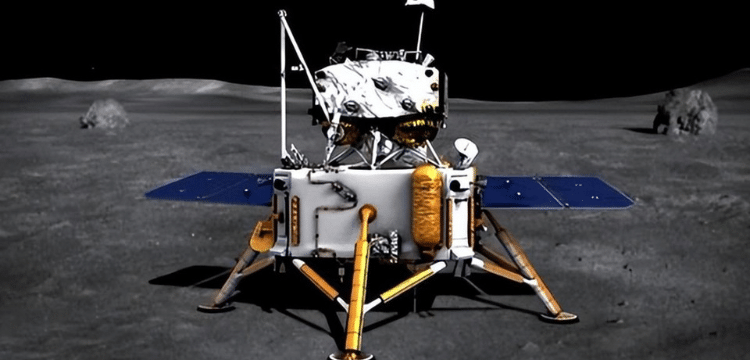[vc_row][vc_column][vc_column_text dp_text_size=”size-4″]The Institute of Space Technology announced Tuesday that Pakistan’s “historic” lunar mission, iCube-Q, will launch on May 3 at 12:50pm aboard China’s Chang’e 6 lunar probe from Hainan, China. This mission, developed in collaboration with China’s Shanghai University SJTU and Pakistan’s national space agency Suparco, marks a significant milestone for Pakistan’s space endeavors.
The iCube-Q orbiter, designed and developed by IST, is equipped with two optical cameras for imaging the lunar surface. After successful qualification and testing, iCube-Q has been integrated into the Chang’e 6 mission, the sixth installment in China’s lunar exploration program.
Read more: Pakistan Reaffirms Labor Rights on World Labour Day
The launch event will be broadcast live on the IST website and social media platforms. China’s lunar mission aims to land on the moon’s far side, collect surface samples, and return them to Earth for research purposes.
For Pakistan, this mission carries additional importance as it will deploy the CubeSat Satellite iCube-Q, showcasing Pakistan’s advancements in space technology. CubeSats, characterized by their small size and standardized design, offer opportunities for scientific research, technology development, and educational initiatives in space exploration.
These miniature satellites, often weighing only a few kilograms, have been utilized for a wide range of missions including Earth observations, remote sensing, and technology demonstration. Their compact size and relatively low cost compared to traditional satellites have democratized access to space, allowing universities, research institutions, and commercial entities to participate in space missions and contribute to scientific advancement and innovation.
India’s successful landing near the Moon’s south pole last August further underscored the growing achievements and aspirations of countries in space exploration.[/vc_column_text][/vc_column][/vc_row]











